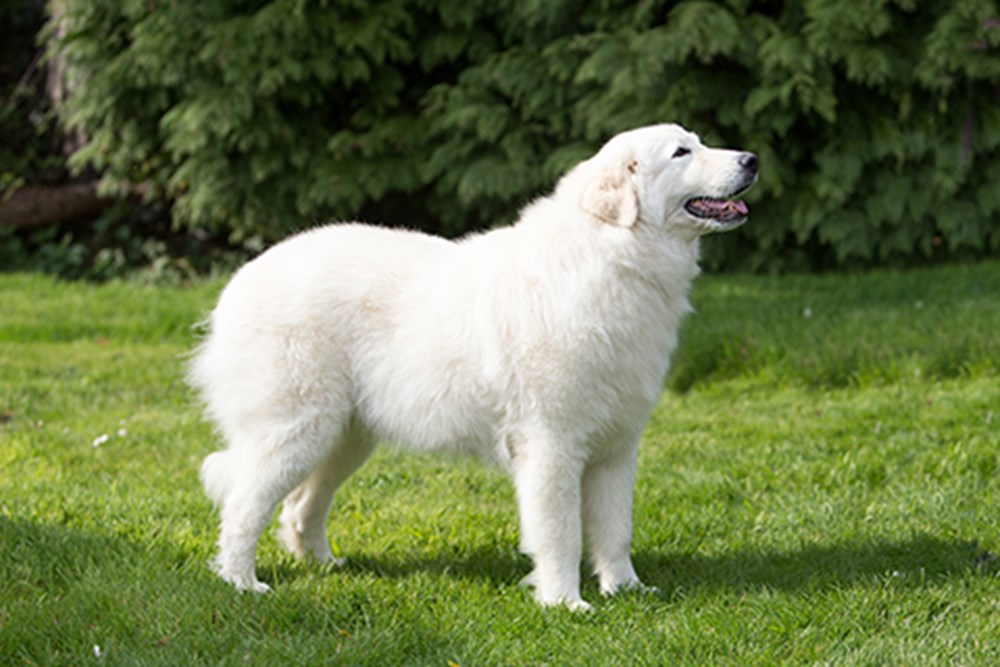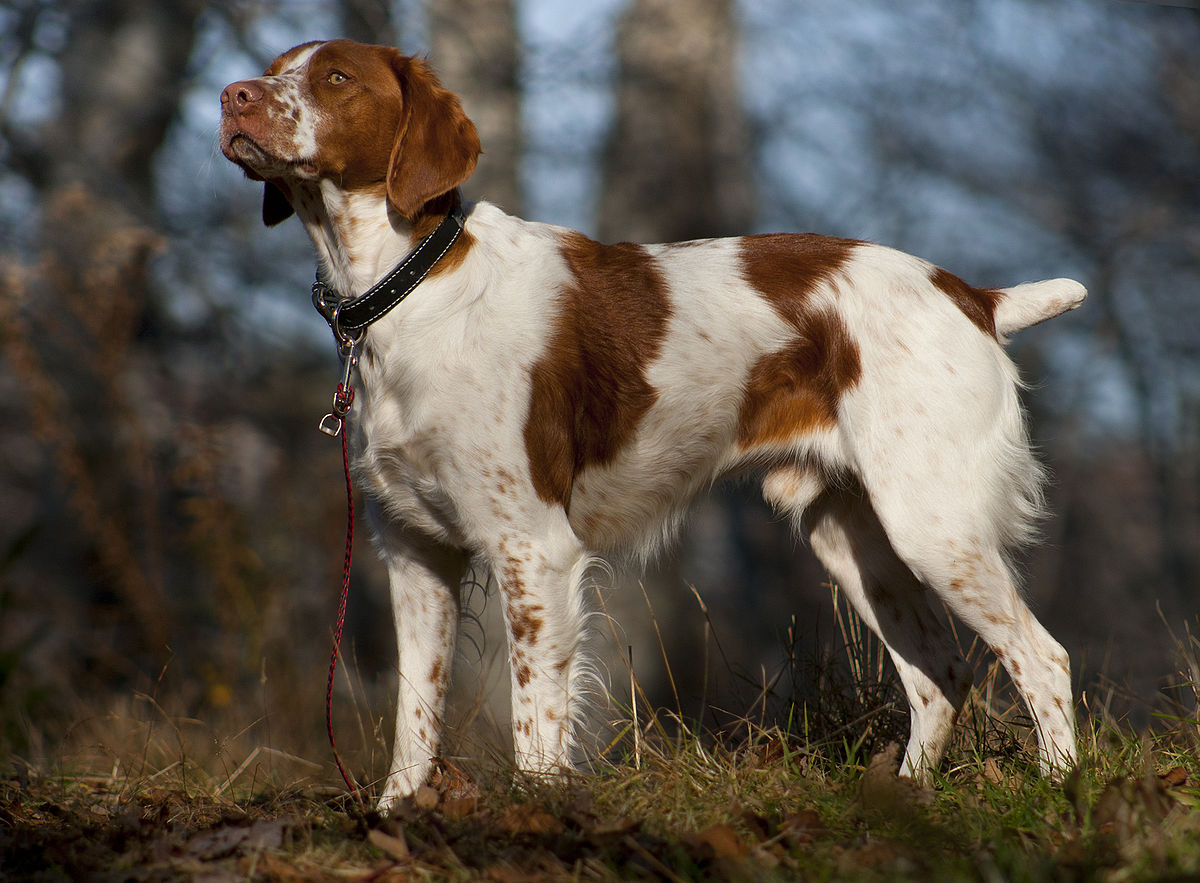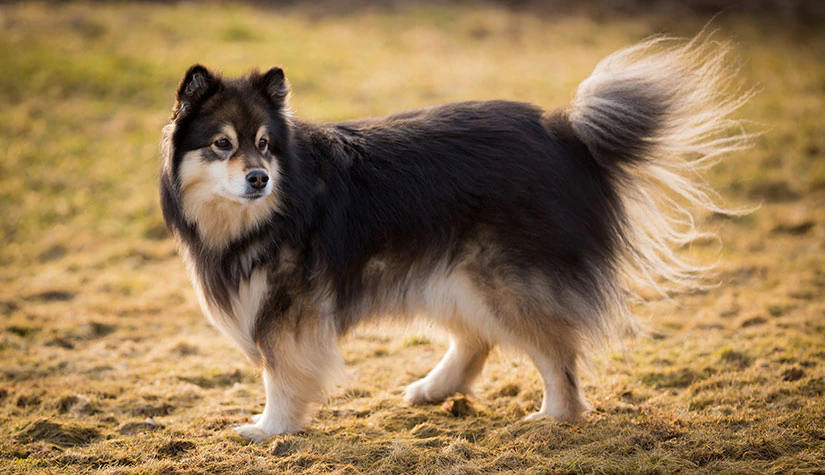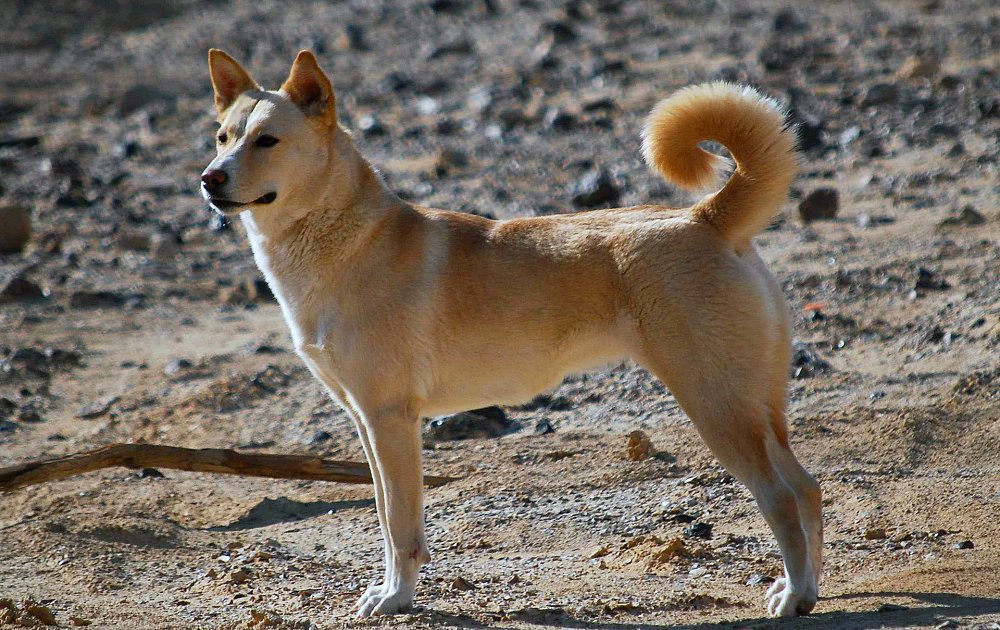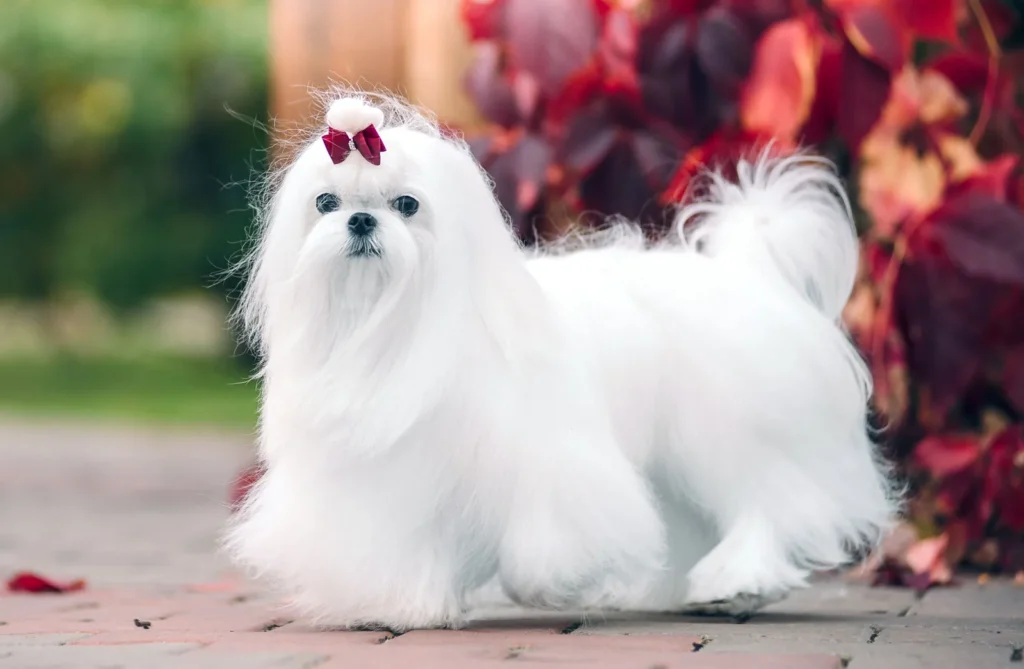
Introduction
The Maltese is a lively, small dog breed with a long, silky white coat and a friendly demeanor. Originating from Malta, this breed has been adored by aristocrats and royalty for centuries. They are intelligent, trainable, and protective despite their small size. Maltese dogs thrive in various living situations and have a life expectancy of 12-15 years. They make great companions and offer loyalty, love, and companionship to their families.
Temperament
Personality traits of the breed
The Maltese is a charming and affectionate dog breed that thrives on human companionship. Despite their small size, they are courageous and will defend their loved ones. They are intelligent and eager to please, making them highly trainable and adaptable to different living situations. Maltese dogs love to play and spend time with their families, and are sensitive to harsh training methods. Overall, they make excellent companions due to their loyal and loving nature, adaptability, and intelligence. They are ideal for individuals or families seeking a friendly and affectionate pet.
Is a Maltese a good family dog
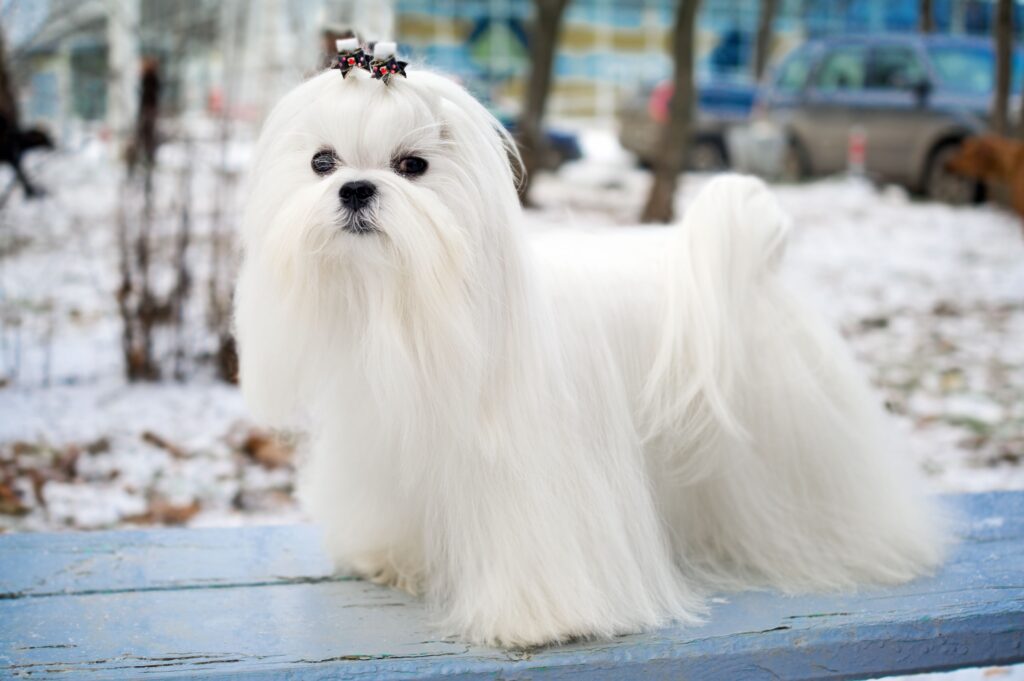
Maltese dogs are good family dogs. They are affectionate, playful, and highly adaptable to different living situations, making them a great choice for families with children. Maltese dogs are known for their loyal and loving nature and enjoy spending time with their human companions. They are also highly trainable and respond well to positive reinforcement techniques. While they may be small in size, Maltese dogs are known for their bravery and will act as protectors of their family. With proper socialization and training, Maltese dogs can get along well with children and other pets. Overall, the Maltese is a great family dog that offers companionship and love to all members of the household
Aggression in Maltese dog
While Maltese dogs are generally known for their friendly and affectionate nature, they can exhibit aggressive behavior if they feel threatened or scared. This behavior can include growling, snapping, or biting. It’s important to identify the root cause of the aggression, which can include fear, anxiety, or even pain or illness. Early socialization and training can help prevent or mitigate aggressive behavior in Maltese dogs.
Health and Lifespan
While Maltese dogs are generally known for their affectionate and friendly nature, they can exhibit aggressive behavior under certain circumstances. Aggression in Maltese dogs can be caused by a variety of factors, such as fear, anxiety, territoriality, or lack of socialization. For instance, if a Maltese dog perceives a threat to their territory or family, they may become aggressive and protective. In addition, if a Maltese dog is not properly socialized or trained, they may display aggressive behavior towards other dogs or humans. It is important for owners to recognize the signs of aggression in Maltese dogs, such as growling, snarling, biting, or snapping, and seek professional help if necessary. Aggressive behavior in Maltese dogs can often be prevented or reduced through early socialization, positive reinforcement training, and providing a safe and comfortable environment. If a Maltese dog is exhibiting aggressive behavior, it is recommended to consult with a veterinarian or professional dog trainer to address the issue.
Food for Maltese dog
Choosing the right food for your Maltese dog is crucial for their health and wellbeing. As a small breed with a high metabolism, Maltese dogs require a diet that is rich in protein, healthy fats, and complex carbohydrates. Look for dog foods specifically formulated for small breeds with high-quality ingredients, such as whole meats, fruits, and vegetables. Avoid fillers, artificial preservatives, and by-products.
Training for Maltese dog
Training a Maltese dog is a positive experience for both dog and owner. Maltese are intelligent and respond well to positive reinforcement training. Start with basic commands, using treats and praise to reward good behavior. Socialization and house training are also important. Consistency and patience are key to success. Consider obedience classes or a professional trainer for advanced training. With positive reinforcement, your Maltese can learn tricks and behaviors to be a well-behaved and happy companion.
Conclusion
Maltese dogs are a beloved breed known for their charming personality, affectionate nature, and adaptability to different living situations. As intelligent and highly social dogs, they require proper training and socialization to ensure they grow into well-behaved companions. When it comes to feeding your Maltese, it’s important to choose high-quality food that meets their nutritional needs. While Maltese dogs can display aggressive behavior, it is typically the result of fear or anxiety and can be addressed with proper training and socialization. Overall, Maltese dogs make excellent companions for individuals and families who are looking for a friendly, affectionate, and adaptable dog that will bring joy and happiness to their lives.
